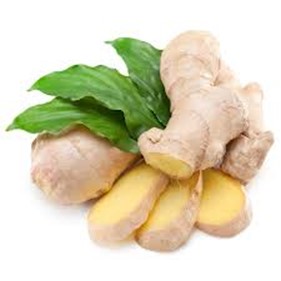Aother great post by Dr. Bones the Disaster Doctor

GINGER AND ASTHMA
In our efforts to find natural remedies to deal with medical issues, we’ve found some new information on the use of Ginger for asthma. Asthma is a respiratory condition marked by spasms in the airways, causing difficulty in breathing. It often results from an allergic reaction or other forms of hypersensitivity and is a chronic condition for many people (26 million in the U.S. alone). Standard medications exist for asthma, such as inhalers like Ventolin, but some may find relief with alternatives at well.
We are proponents of “integrative medicine”; in other words, we want everyone to use ALL the tools in the medical woodshed. As such, our “Survival Medicine Handbook” tells you how to deal with medical issues both conventionally and naturally, with herbs, essential oils, etc.. The first natural item on the list for asthma is Ginger, and finally we have scientific proof of its effectiveness!
Ginger is attracting the notice of many scientists. A study published in the American Journal of Respiratory Cell and Molecular Biology indicates the Ginger is instrumental in inhibiting chemicals that constrict airways. Animal tests find that extracts of Ginger helps ease asthmatic symptoms in rodents. Ginger also worked well in a French study to decrease inflammation in mouse lungs exposed to common allergens (substances that cause allergic reactions).
Although more tests are needed to prove its worth to humans, professors at the University of Pennsylvania School of Nursing say that Ginger is safe to use. It may even improve the effectiveness of some conventional medicines currently used in asthma treatment.
As always, I would like to strongly urge people to use organic root, as there could easily be pesticides contaminating commercial ginger.
Don’t discount the usefulness of natural substances to deal with medical issues. In disaster situations, pharmaceuticals will likely be unavailable and natural remedies will become the conventional way to treat illness. Consider starting a medicinal garden to increase the chances of keeping it together, even if things fall apart. Of course, discuss your condition with your physician before the you-know-what hits the fan.
Start now to make sure you are staying prepared.
Via: doomandbloom




 Follow
Follow
Leave a Reply